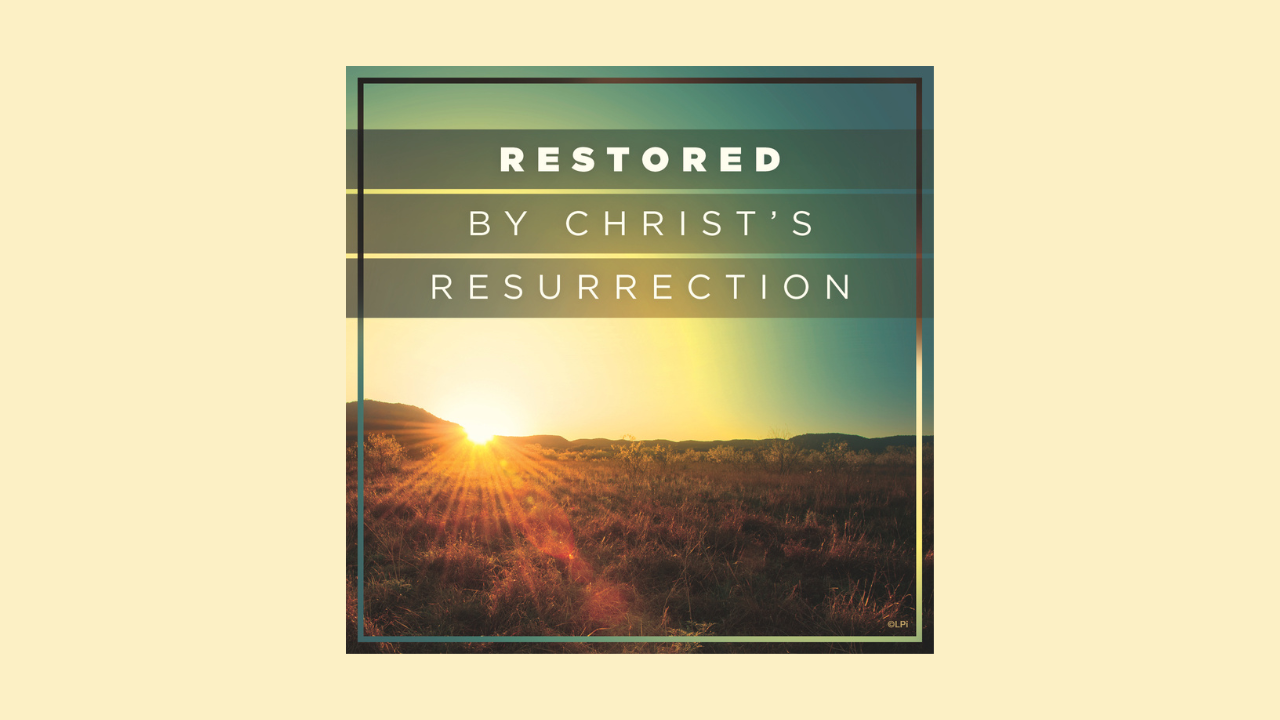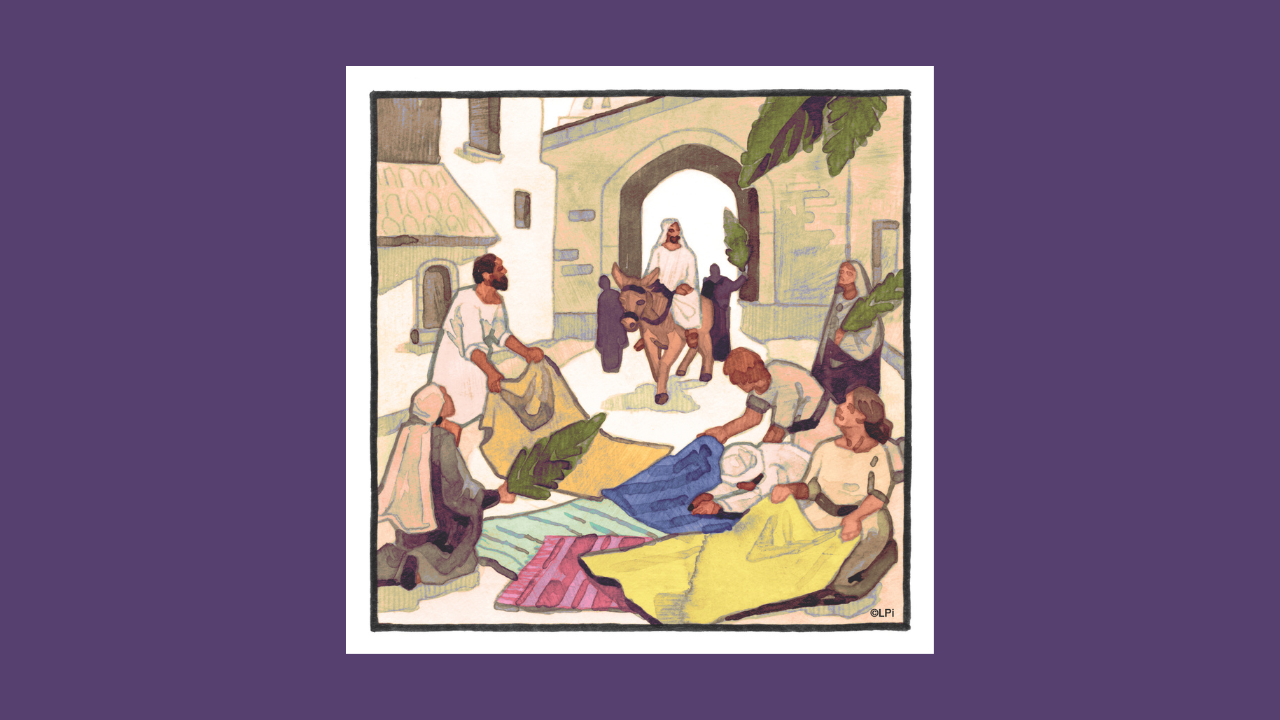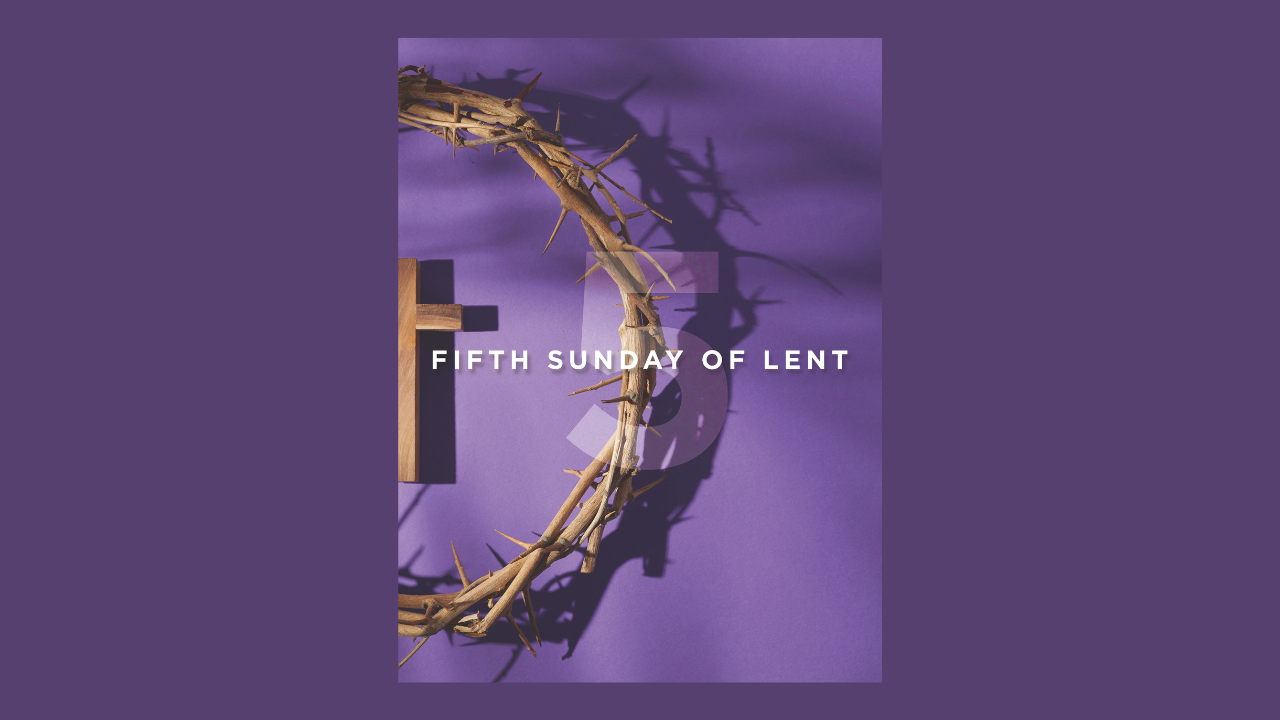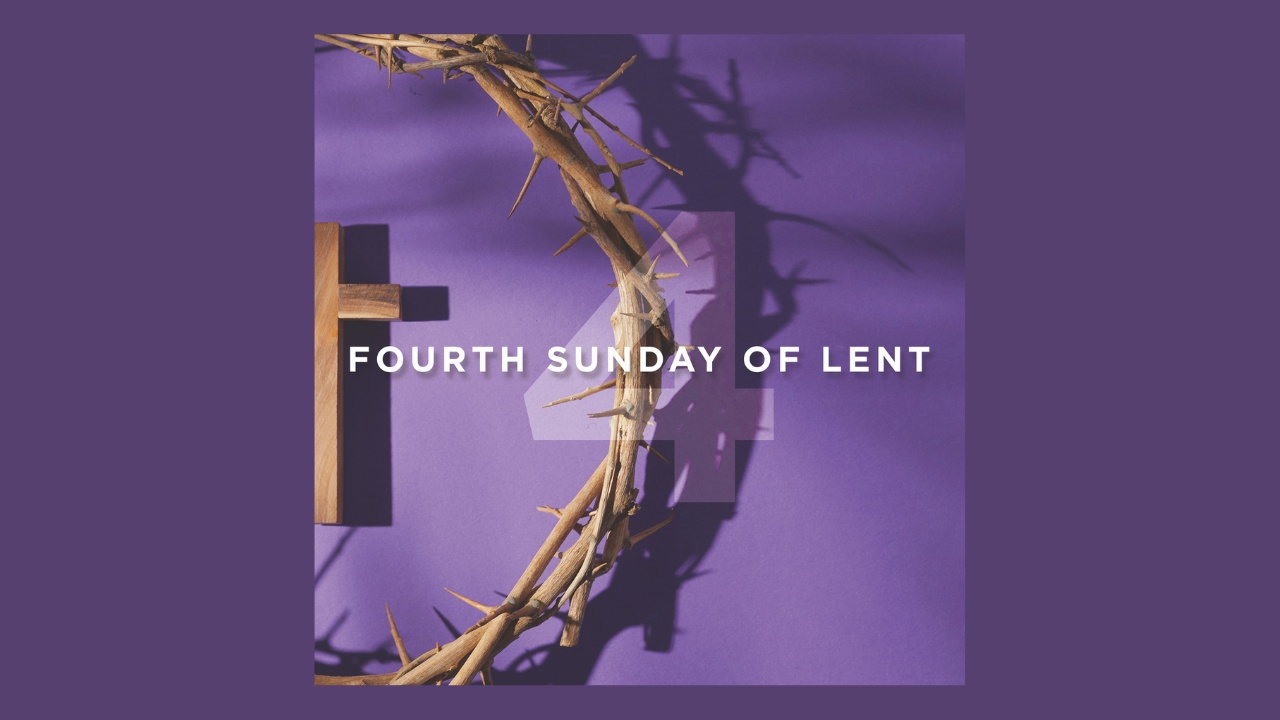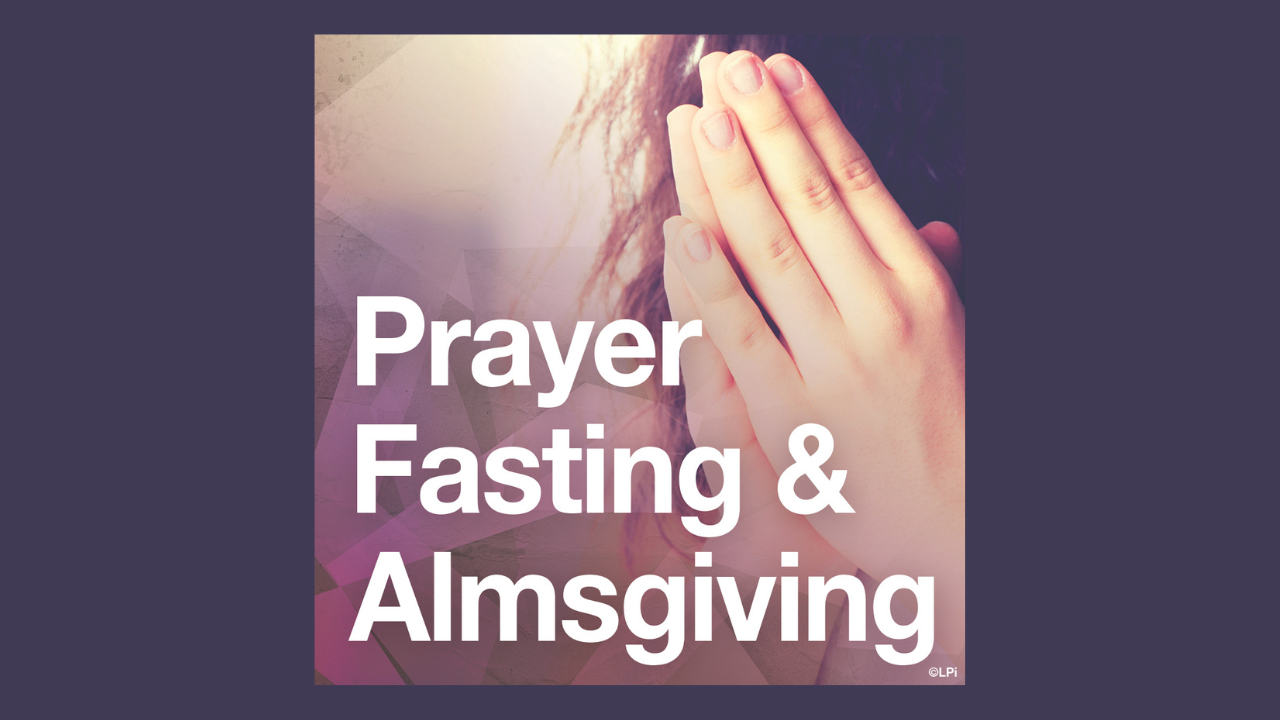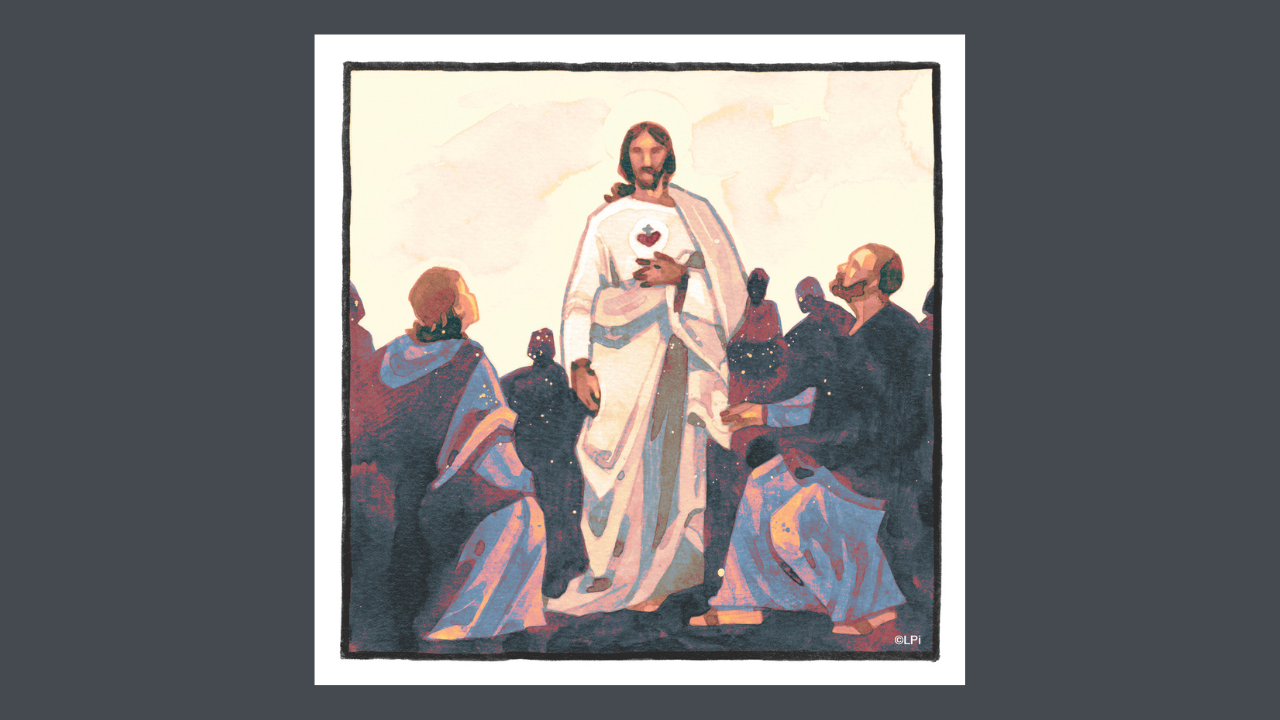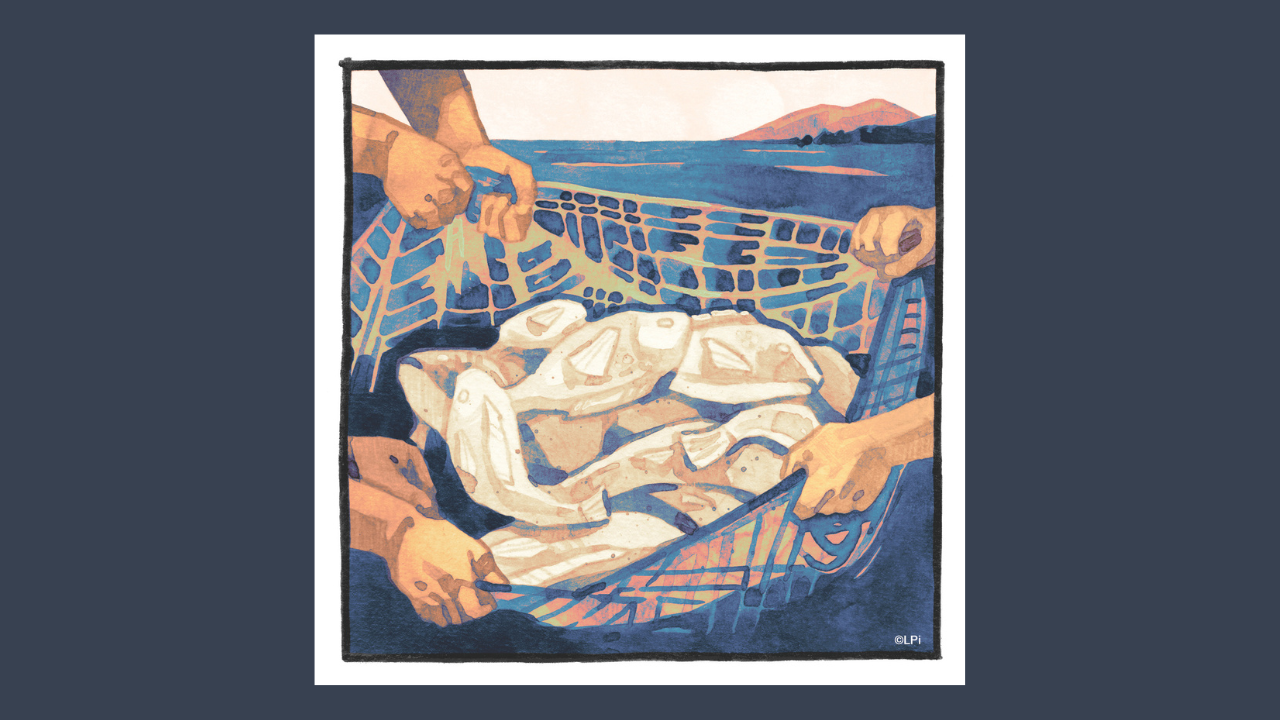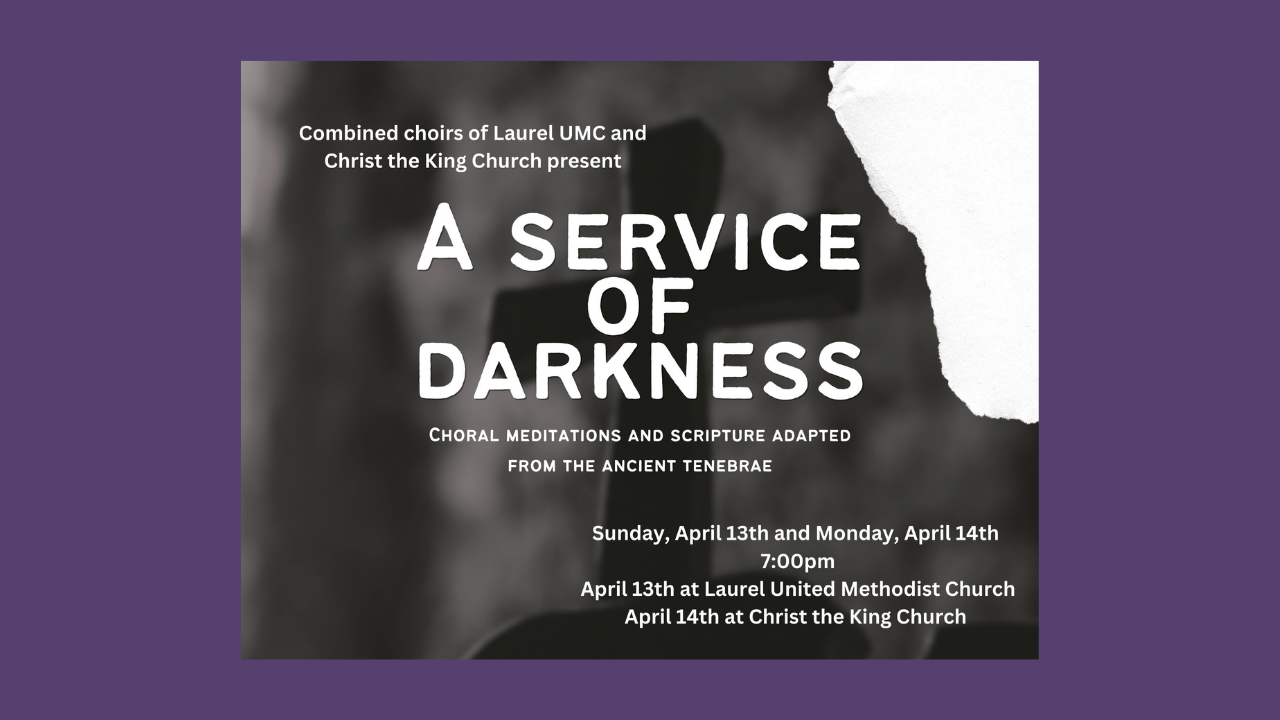"Jesus, Marriage, Divorce, and the Church" by Fr. Chris House

This is a challenging Gospel to succinctly comment on in a bulletin article or a homily. Along with being pastor of CTK, I also serve as vicar judicial of the diocese which means that I sit as head of the diocesan tribunal in the name of the bishop so this Gospel has special pertinence for my ministry. Mark’s Gospel this Sunday gives us Jesus’s teaching on divorce; Mark’s account is the oldest of the four Gospel writers concerning marriage. What does Mark’s text teach us as the Pharisees attempt to trap Jesus using the Mosaic Law?
The Pharisees ask Jesus if divorce is lawful; we must be attentive to the phrases that follow. Jesus asks the Pharisees what Moses commanded while the Pharisees reply with what Moses permitted. Jesus preaches against divorce, and since it was only allowed by Moses, Jesus cannot be condemned as speaking against the law. Jesus easily thwarts the attempt to entrap him but he goes further in his discourse on the question of divorce, not just giving a simple “no” to the question. Jesus, invoking Genesis, speaks of man and woman becoming one flesh in marriage. We see in the Old Testament that marriage is symbolic of the covenant relationship between God and his people. In the New Testament, St. Paul speaks of marriage as a sacramental sign of Christ’s relationship with the Church. The marriage bond is sacred because it is a living sign of God’s love that is both irrevocable and self-giving. Jesus then goes further in Mark’s Gospel stating that whoever divorces their spouse, and marries another, commits adultery.
The Church understands and teaches that marriage between two persons who are baptized, Catholic or not, takes on the quality of indissolubility (unless non-consummated), meaning that no power under heaven can undo what God has joined; no external power can undo the union and neither party in the marriage can withdraw their consent. Marriages that are between a baptized person and a non-baptized, or between two unbaptized, are still seen as valid by the Church, but, in certain very limited circumstances, can be set aside if one party leaves the marriage. Concerning the question of divorce, the Church sees it as a civil matter. The Church recognizes that a civil divorce can have civil effects but the act of divorce itself does not affect a person’s status in the Church; however, divorce and remarriage outside of the auspices of the Church does affect a person’s status in the Church.
In reading this you might be saying to yourself “well, annulments in the Church are just Catholic divorce;” actually, no. First, we often use the wrong term. An annulment is a declaration that dissolves something. An ecclesiastical tribunal (church court) in examining marriage cases does not grant annulments but may issue what is called a declaration of nullity by which a marriage is declared to have been null and void from the beginning due to either an impediment to the marriage itself or due to invalid consent on the part of one or both parties in the marriage. The nullity process in a tribunal does not look to assign blame or guilt to anyone regarding a failed marriage, but looks for what the truth of the matter is and whether or not a valid marriage bond was created at the time of consent between the couple.
I cannot stress enough that those who have suffered a divorce are not “second class citizens” in the Church and they should not be treated as such. A person who is divorced is not barred from any aspect of the Church’s life, sacramental or otherwise; this is a wide-spread misunderstanding among Catholics that has caused great pain and alienation for some. Yes, if a Catholic is divorced and remarried outside of the Church without a declaration of nullity then they are to refrain from Holy Communion, but the Church can work with them in the hope of regularizing their situation.
If you have any further questions on divorce, marriage nullity, or remarriage in the Church, please do not hesitate to contact me, Fr. Alex, or Deacon Scott.
Praying for the Victims of Hurricane Helene
Many of us have been shocked with the news and images that have come not just out of Florida but in other states as well especially North Carolina concerning the destruction caused by Hurricane Helene and the subsequent flooding. One commentator said earlier this week that you do not expect the situation to be getting worse several days after the storm but that is what has happened in many parts of the southeast coastal region. While nothing has been announced yet at the time I am writing this, generally the bishops of the United States will call for a special collection. Let us continue to pray for the recovery of those who have been affected by Helene.
Blessings to you and yours for the week ahead!
Father Chris House
